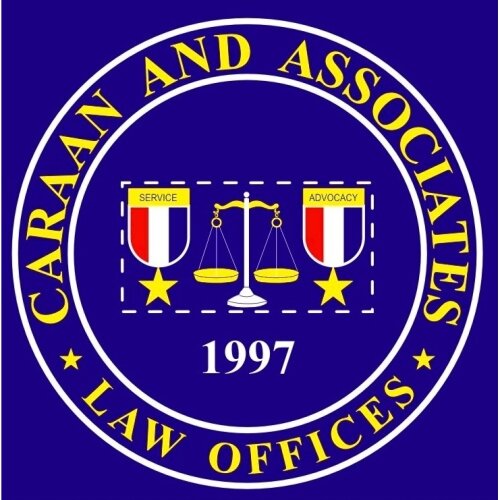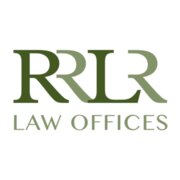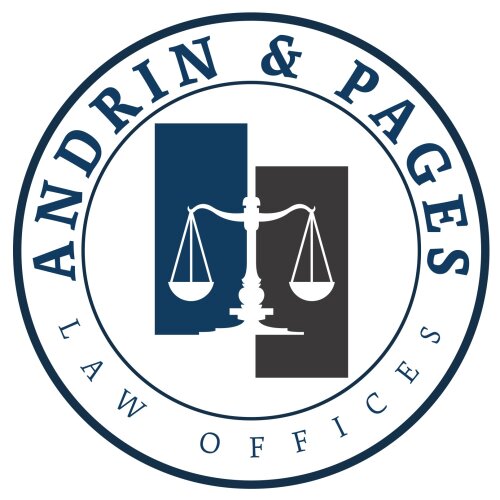Best Workers Compensation Lawyers in Philippines
Share your needs with us, get contacted by law firms.
Free. Takes 2 min.
Or refine your search by selecting a city:
List of the best lawyers in Philippines
About Workers Compensation Law in Philippines
The Workers’ Compensation Law in the Philippines, part of the Labor Code, is designed to provide benefits to workers who suffer from work-related injuries or illnesses. It ensures that employees are properly compensated for any harm they sustain while performing tasks related to their job. The aim is to provide financial security and support to injured workers and their dependents during recovery periods or in cases of permanent disabilities.
Why You May Need a Lawyer
There are several situations where the expertise of a lawyer specializing in Workers' Compensation might be crucial:
- If your claim for compensation has been denied or delayed.
- If you believe the compensation offered is insufficient or inequitable.
- When your employer disputes the work-related nature of your injury or illness.
- If you are not receiving the medical treatment you are entitled to under the law.
- When there is a wrongful termination after filing a workers' compensation claim.
- If navigating legal forms and processes becomes overwhelming.
Local Laws Overview
The key aspects of the Philippine Workers’ Compensation laws include:
- Coverage: Most workers are covered, including those in private sector employment. Some exceptions apply, such as workers in an unofficial capacity.
- Benefits: These often include wage replacement benefits, medical treatment, and rehabilitation services.
- Claims Process: Workers must notify their employer of an injury within a certain period to be eligible for compensation.
- Government Oversight: The Employees Compensation Commission (ECC) is the main body overseeing the application of this law.
Frequently Asked Questions
What should I do immediately after a work-related injury?
Report the injury to your employer as soon as possible and seek medical attention. Document everything related to the injury for future reference.
How do I file for workers' compensation?
Notify your employer, fill out the necessary forms which are submitted to the Social Security System (SSS) or the Government Service Insurance System (GSIS), depending on your employment status.
Can I choose my doctor for treatment?
Usually, the employers will have an approved list of healthcare providers. However, you may potentially use your own doctor, subject to certain conditions.
What if my claim is denied?
You can appeal the decision. Seeking legal advice at this stage is highly recommended to understand your rights and options.
How long do I have to submit a claim?
While the timing can vary, it is generally important to file as soon as possible after the injury occurs and definitely within the timelines specified in the law to avoid losing benefits.
What types of injuries are covered?
Most injuries that occur in the scope of employment are covered. This includes physical injuries and some work-related illnesses.
What benefits can I receive?
Benefits typically include medical expenses, disability compensation, rehabilitation services, and sometimes death benefits for dependents in case of fatal incidents.
How is the compensation amount determined?
Compensation is based on a formula considering your wage at the time of the injury and the degree of disability caused by it.
Are there time limits for receiving benefits?
Yes, benefits are often temporary, but some long-term disability benefits are available under certain conditions.
Can I return to work after recovery?
Yes, if a doctor certifies that you are healthy enough to work, you can return. Your employer is generally expected to accommodate your return if possible.
Additional Resources
For further assistance, consider connecting with these organizations:
- Employees Compensation Commission (ECC): Responsible for policy-making and dispute resolutions related to worker's compensation.
- Department of Labor and Employment (DOLE): Provides various resources and support for labor issues.
- Philippine Social Security System (SSS): For filing claims and accessing benefits for private employees.
- Government Service Insurance System (GSIS): Handles claims and compensation for government employees.
Next Steps
If you find yourself needing legal assistance with a Workers’ Compensation claim in the Philippines, these steps can help guide you:
- Gather Documentation: Collate all medical records, incident reports, witness statements, and communication related to your claim.
- Consult a Lawyer: Find a lawyer specializing in workers' compensation law to evaluate your case.
- File an Appeal: If your claim has been denied, work with your lawyer to file an appeal as necessary.
- Stay Informed: Keep up with any deadlines, as missing these could be detrimental to your case.
Remember, having experienced legal guidance can be invaluable in navigating the complexities of the Workers’ Compensation system effectively and ensuring that you receive the benefits you're entitled to.
Lawzana helps you find the best lawyers and law firms in Philippines through a curated and pre-screened list of qualified legal professionals. Our platform offers rankings and detailed profiles of attorneys and law firms, allowing you to compare based on practice areas, including Workers Compensation, experience, and client feedback.
Each profile includes a description of the firm's areas of practice, client reviews, team members and partners, year of establishment, spoken languages, office locations, contact information, social media presence, and any published articles or resources. Most firms on our platform speak English and are experienced in both local and international legal matters.
Get a quote from top-rated law firms in Philippines — quickly, securely, and without unnecessary hassle.
Disclaimer:
The information provided on this page is for general informational purposes only and does not constitute legal advice. While we strive to ensure the accuracy and relevance of the content, legal information may change over time, and interpretations of the law can vary. You should always consult with a qualified legal professional for advice specific to your situation.
We disclaim all liability for actions taken or not taken based on the content of this page. If you believe any information is incorrect or outdated, please contact us, and we will review and update it where appropriate.
Browse workers compensation law firms by city in Philippines
Refine your search by selecting a city.

















